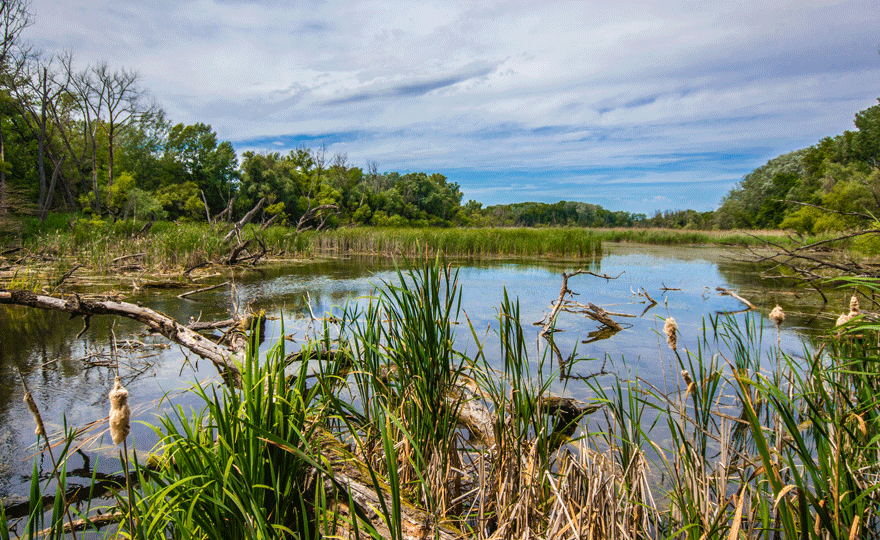ClientEarth Communications
12th April 2018


By Ivana Figuli, Via Iuris, Justice & Environment
Via Iuris is going to challenge regional Court’s decision denying citizens legal standing to challenge construction works close to protected areas.
VIA IURIS has provided legal assistance to socially engaged natural scientists in recent cases. One of them concerned the construction of a residence and relax zone Blatnica-Sebeslavce, in the northern region of Slovakia.
This zone is planned to be constructed close to Natura 2000 areas and represents a threat to protected species, their habitats and habitats of European interest protected by the Habitat Directive. Given the seriousness of the threat, two natural scientists wanted to take part in the land-use proceedings as interested members of the public and bring expert arguments as to why this construction should not be placed close to such important areas and the negative impact it would have.
The first instance and appeal state administration bodies rejected the status of the scientists as a party to this land-use proceeding. In February 2016 VIA IURIS challenged these decisions before the Regional Court of Žilina. However, in parallel with the procedural question of whether they should have the status of a party to the land-use proceeding, the decision on the merits of the land-use proceeding was adopted. The defendant, the administration body, asked the court to throw the case out, arguing that as the decision on the merits had already been adopted there was no longer any reason to deal with the standing of the claimants. The defendant pointed out that in such cases other types of court action would be more suitable - so called “action of forgotten party to proceeding”. The Regional Court of Žilina followed the argumentation of the defendant and rejected the case in February 2018.
VIA IURIS is going to challenge this regional court´s decision in cassation before the Supreme Court of the Slovak Republic given that the reasoning of the court is contrary to CJEU´s case law and concretely its ruling in case C‑243/15. According to this case law, it is to be considered as a denial of access to justice when question concerning party status of an environmental organisation in the administrative proceeding authorising a project affecting NATURA 2000 is not examined, and judicial proceedings, in this respect, are not concluded before the decision on merits, i.e the land- use permit for such project is granted. Therefore, judicial proceedings on party status cannot be dismissed only because the project was authorised in the meantime. In addition, requiring an organisation to bring an action of another type in order to obtain that party status is to be considered as a denial of effective access to justice.
Access to Justice is a fundamental means through which citizens and NGOs can support the implementation and enforcement of laws and policies to protect the environment. The goal of this ATOJ-EARL project is to achieve “Access to Justice for a Greener Europe”. It strives to enhance access to justice in environmental matters by providing information, training and support for the judiciary, public authorities and lawyers of eight European member states. ClientEarth and Justice and Environment are implementing this project with the financial support of the European Commission’s LIFE instrument.
